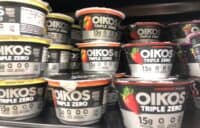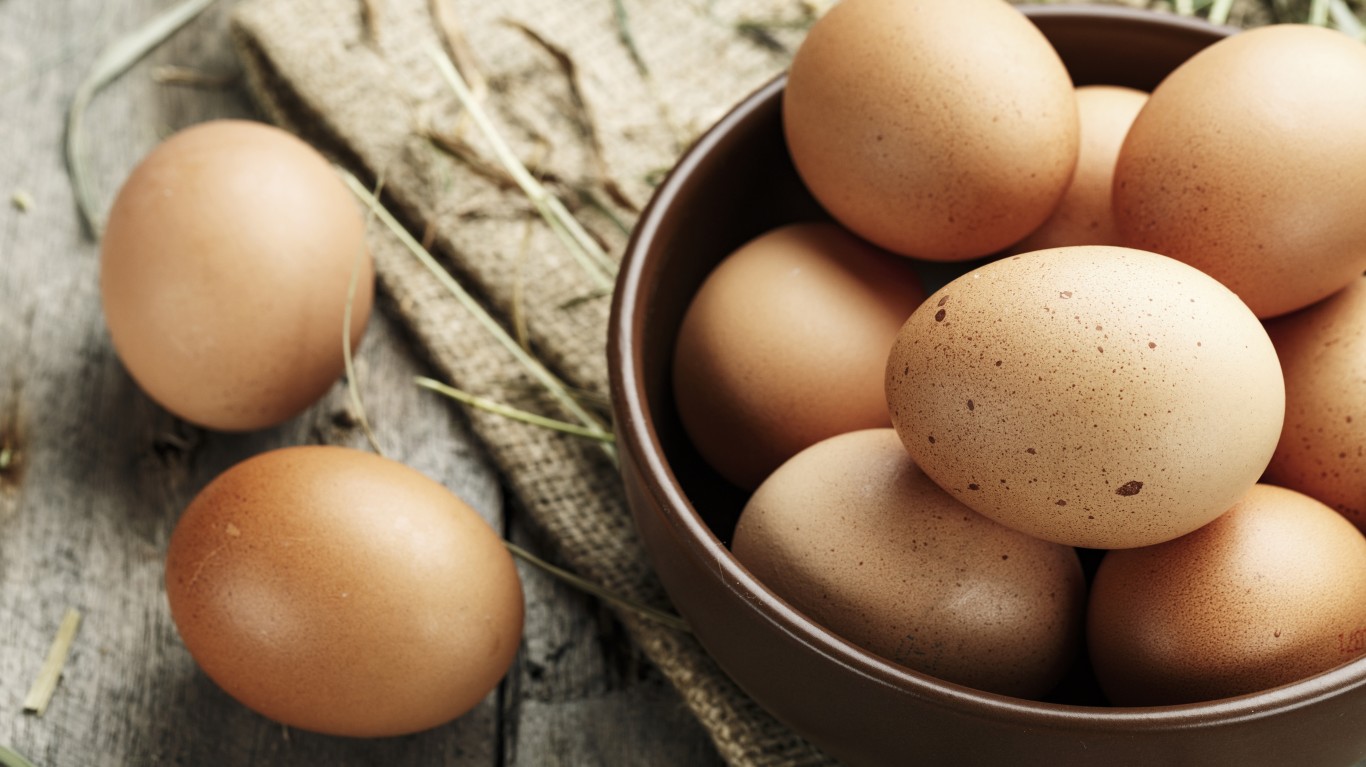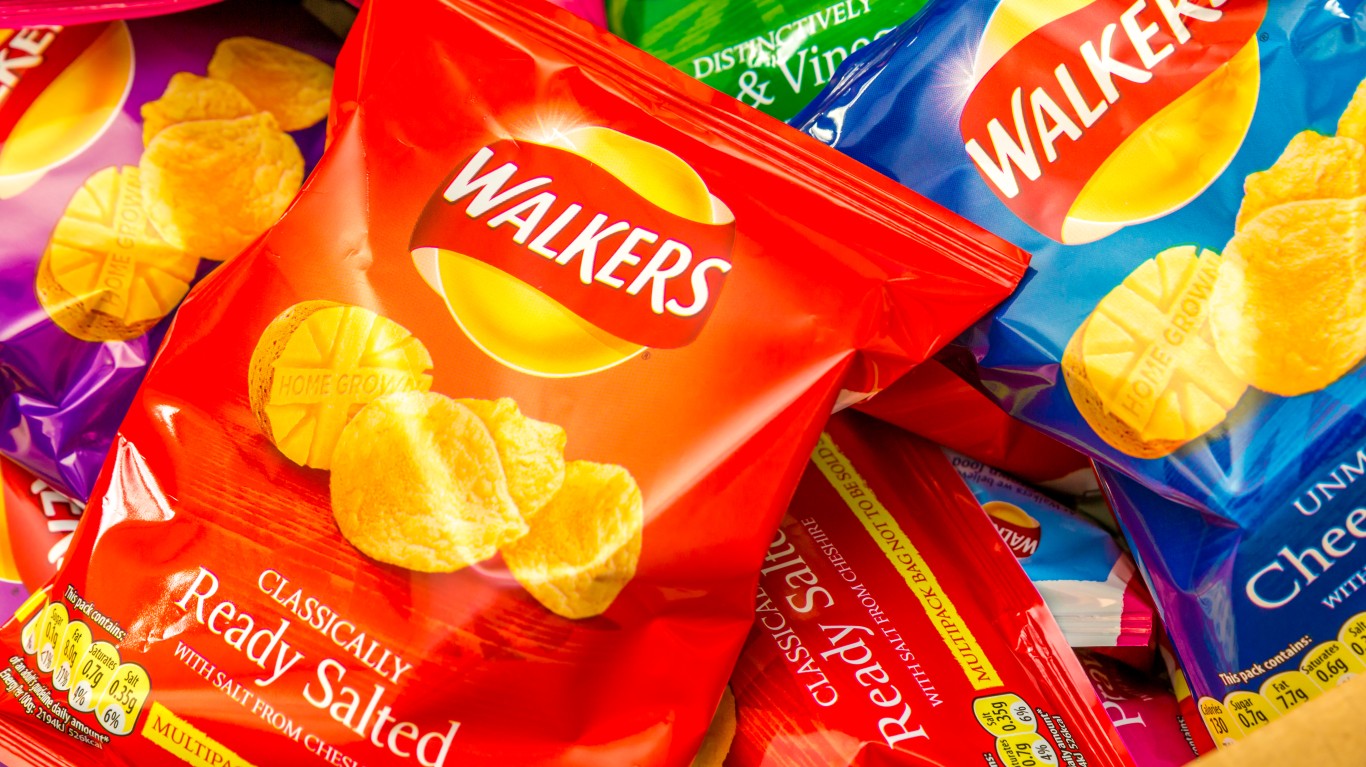
“England and America are two countries separated by the same language,” George Bernard Shaw once said (perhaps).
There’s no denying that our two nations use certain identical words in very different senses. Anyone who has traveled to the U.K. (or who subscribes to BritBox) probably knows by now that to our cousins across the Atlantic, an elevator is a lift, a car trunk is a boot, and the check in a restaurant is the bill. (Even just at home, words can be confusing. Here are 10 words that don’t mean what you think they do.)
The differences between our two versions of English also show up frequently in the realm of food and drink. We’re not talking about those colorful sounding dish names like toad in the hole, bubble and squeak, or stargazy pie. We either know what those terms describe or we don’t. But other British food words might confuse us, simply because they look and sound like something else.
To assemble a list of British food terms that might confuse Americans, 24/7 Tempo consulted sites including Foreign Lingo, English at Home, and Project Britain, as well as numerous online menus from restaurants offering traditional British dishes.
Click here to see 20 British food terms that might confuse Americans
With two exceptions, all the words on our list have a meaning in America that is quite different from that in Great Britain (and that usually has nothing to do with food). Knowing the difference will come in handy if you visit the U.K. – or even if you just want to throw a few British food terms around at your next meal in honor of the recently crowned new British monarch (speaking of whom, here are 25 times King Charles III has courted controversy).
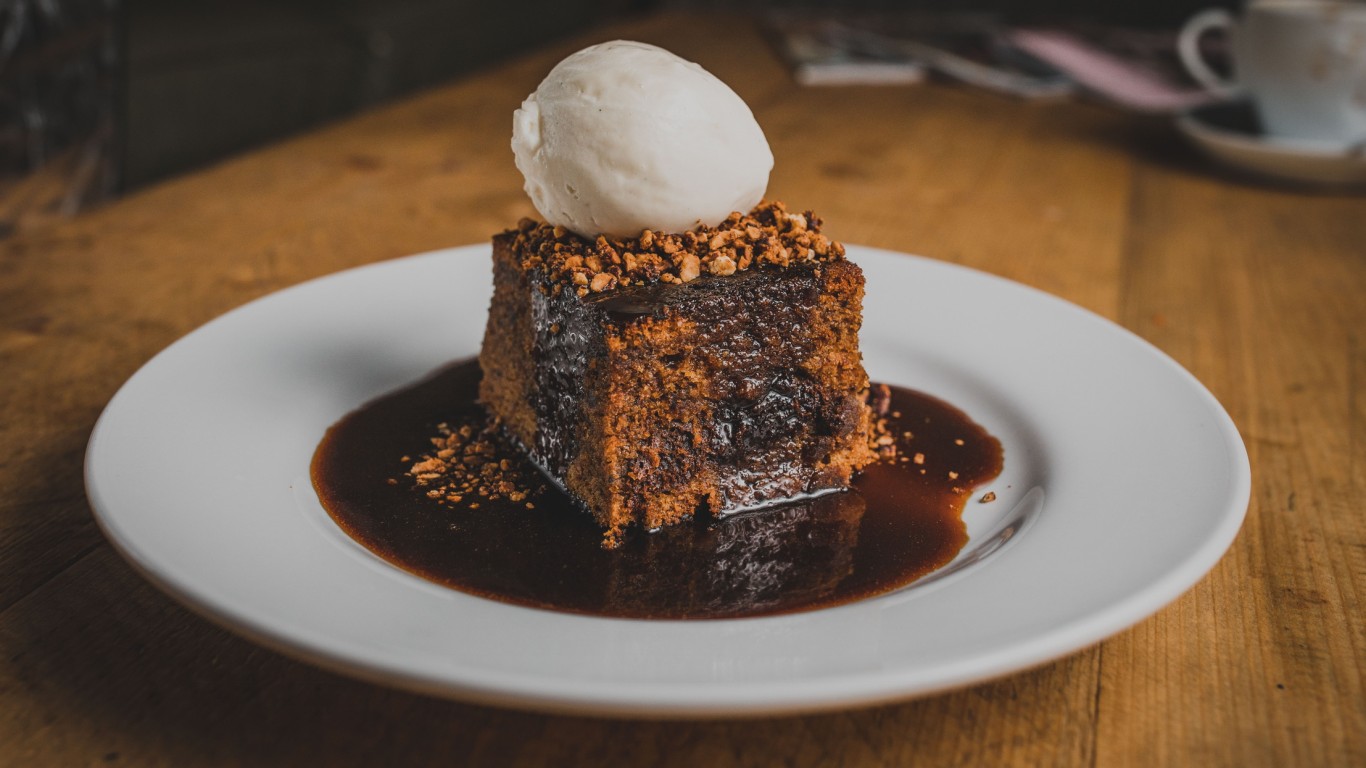
Pudding
> American English: A custardy dessert
> British English: Dessert of any kind
[in-text-ad]

Builders
> American English: People who construct something
> British English: Short for “builder’s tea” – a strong brew, commonly consumed by manual laborers
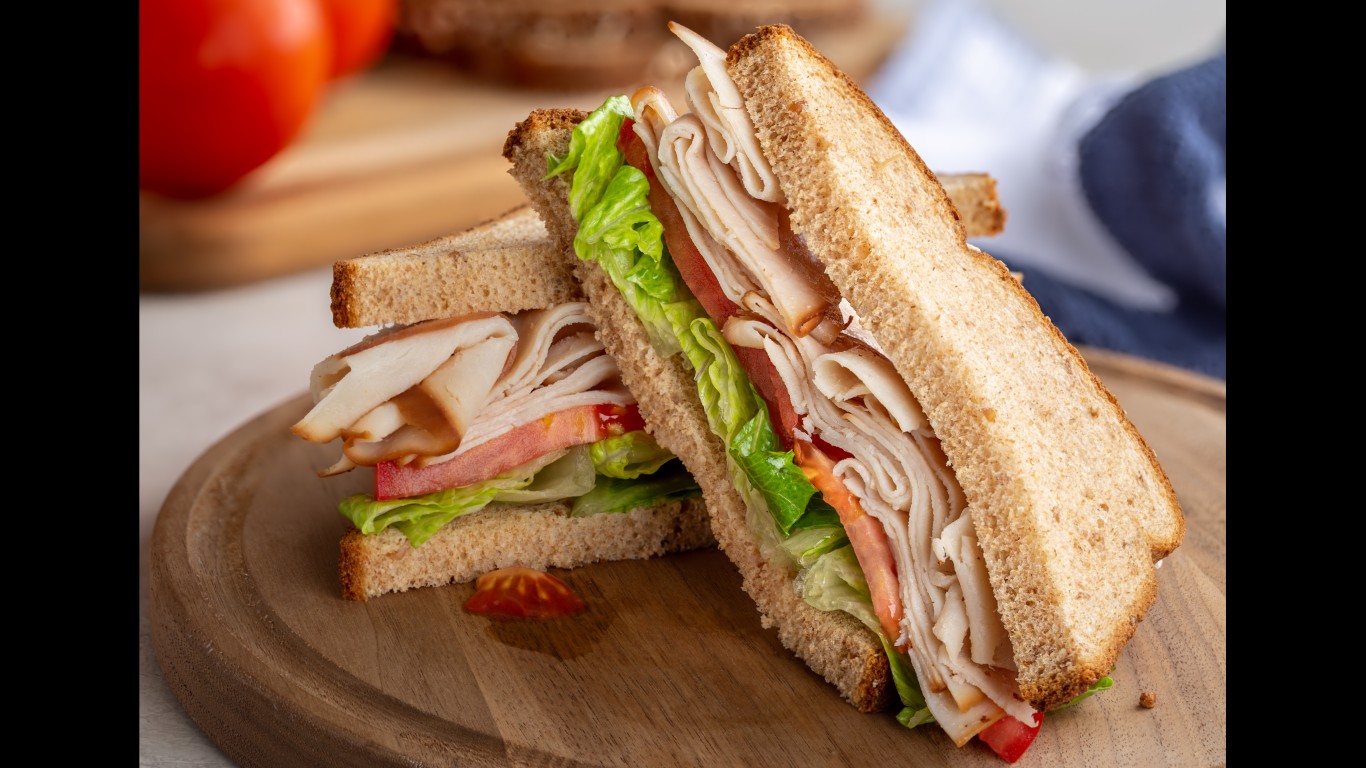
Sarnie
> American English: N/A
> British English: A sandwich
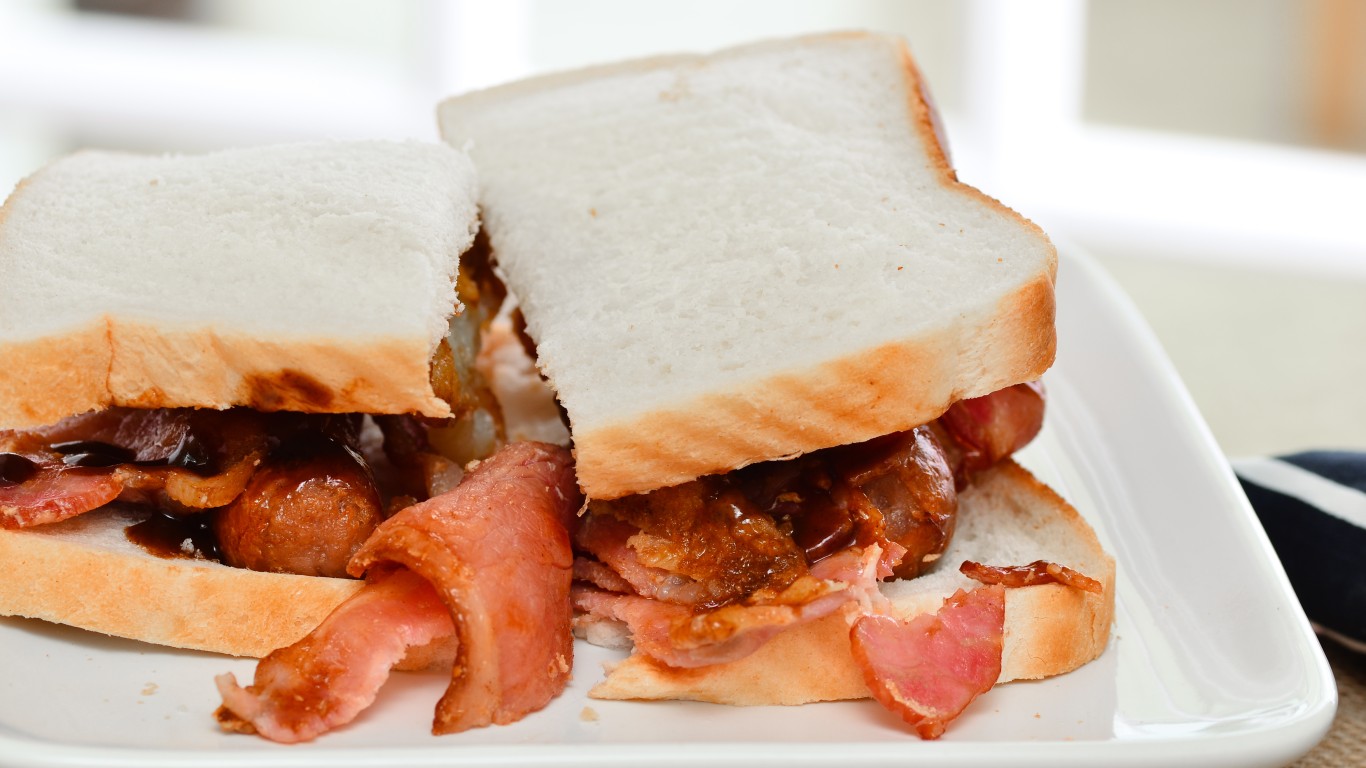
Buttie/butty
> American English: N/A
> British English: A sandwich or a man’s male friend
[in-text-ad-2]
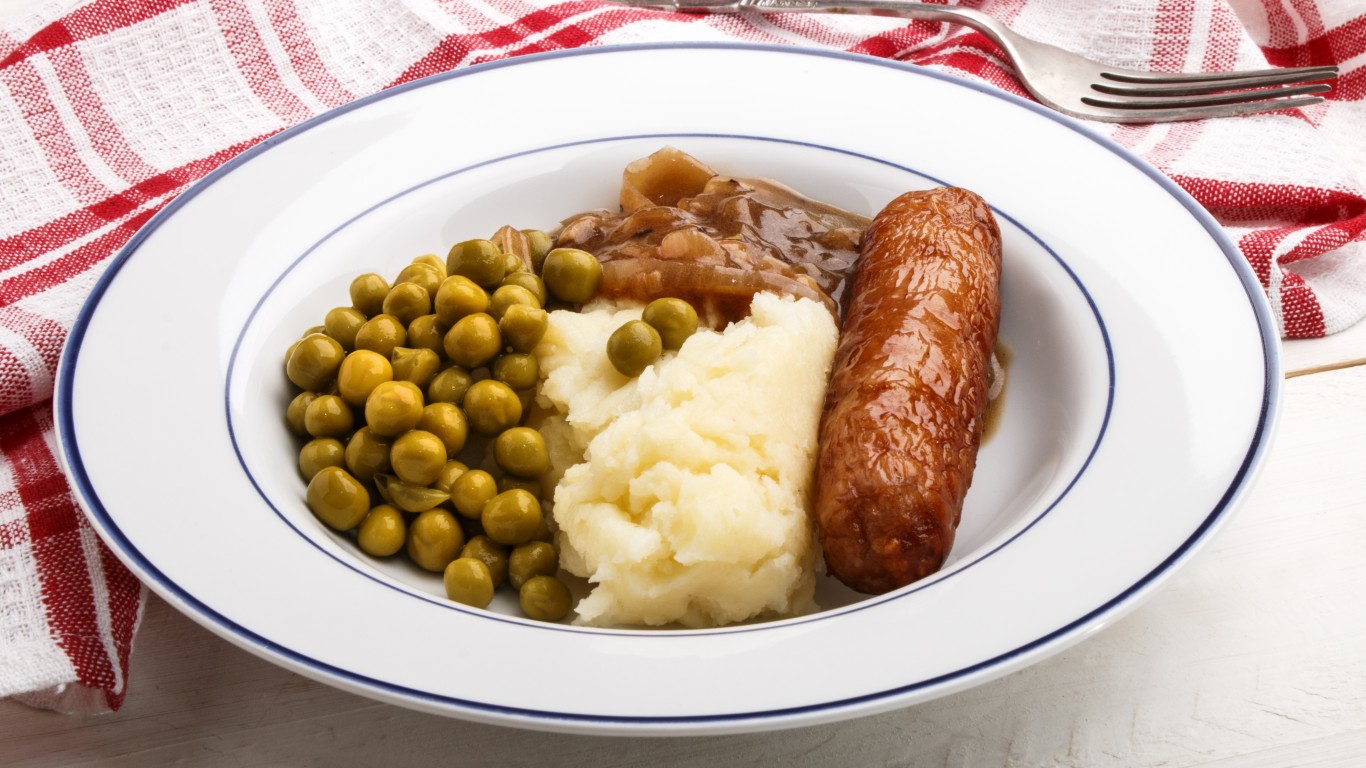
Banger
> American English: Something that goes “Bang!;” a member of a street gang (short for “gangbanger”)
> British English: A pork sausage
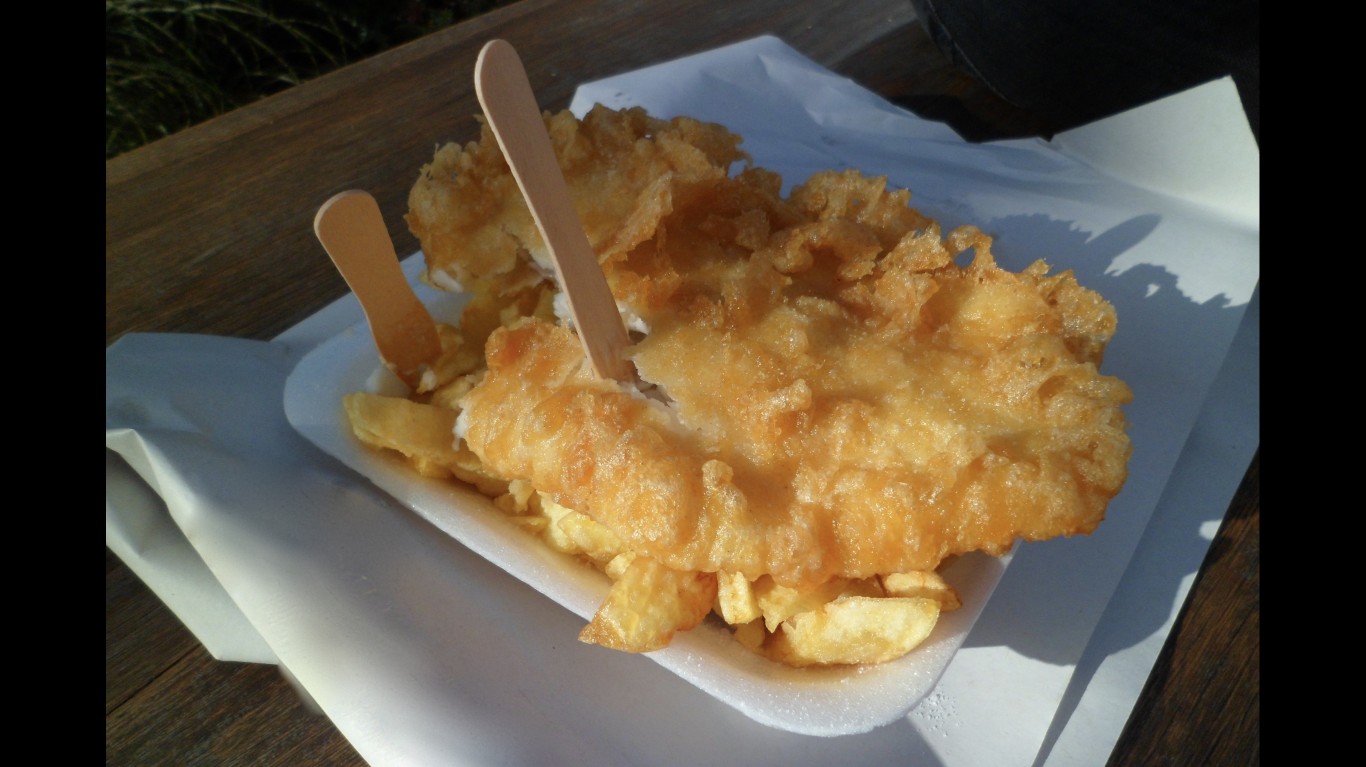
Chippy
> American English: A promiscuous woman; an adjective meaning belligerent or touchy
> British English: A fish and chips shop
[in-text-ad]

Biscuit
> American English: A kind of soft, round, scone-like bread
> British English: A cookie
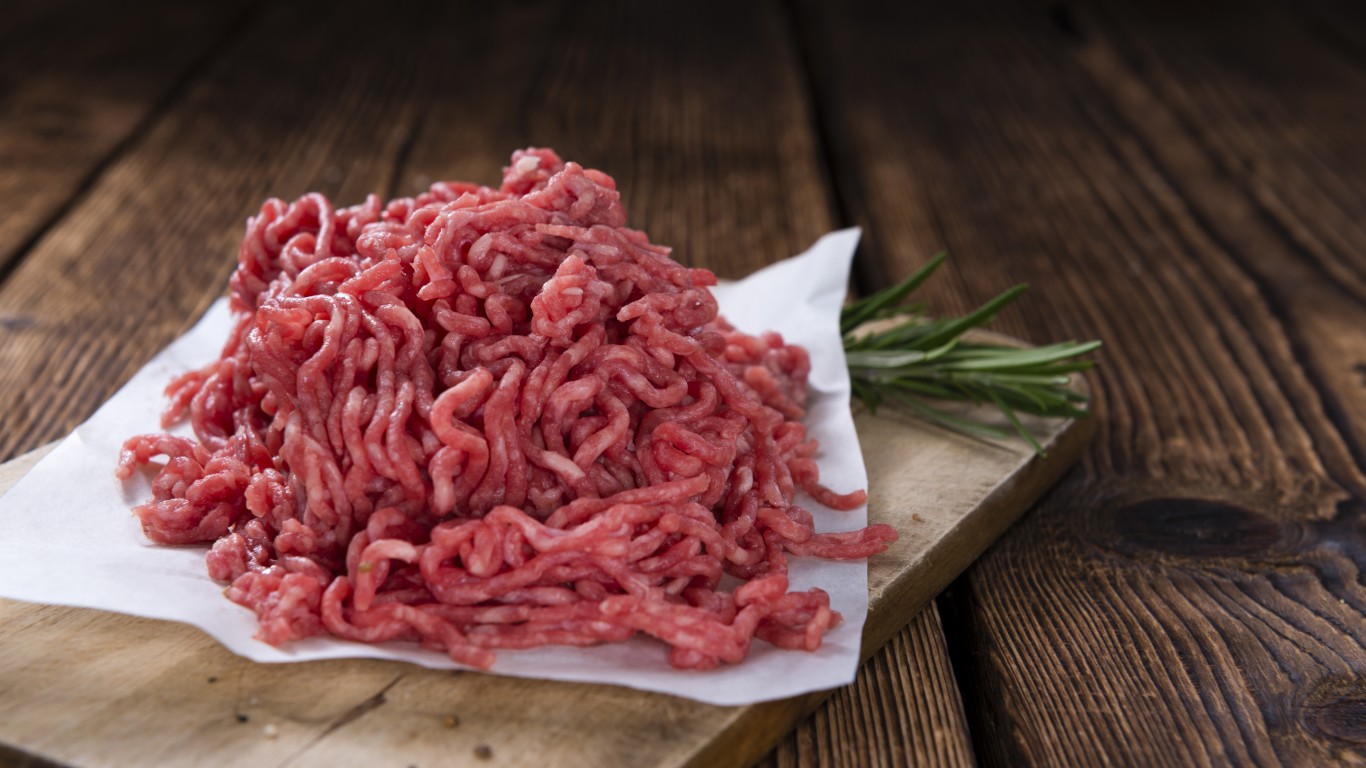
Mince
> American English: To chop something finely
> British English: Ground meat (usually beef or lamb)
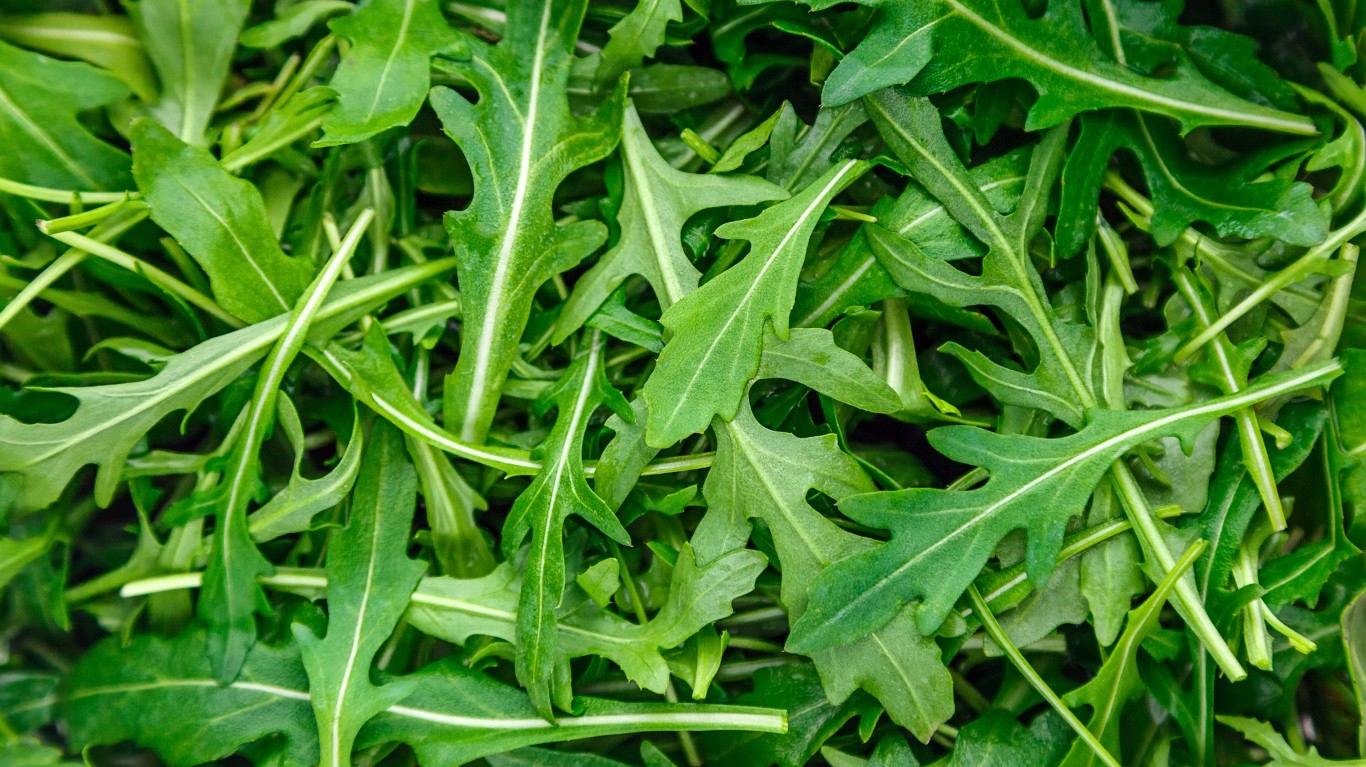
Rocket
> American English: A projectile propelled by combustion
> British English: Arugula
[in-text-ad-2]

Crisp
> American English: Hard and brittle; brisk and unhesitating; chilly
> British English: A potato chip
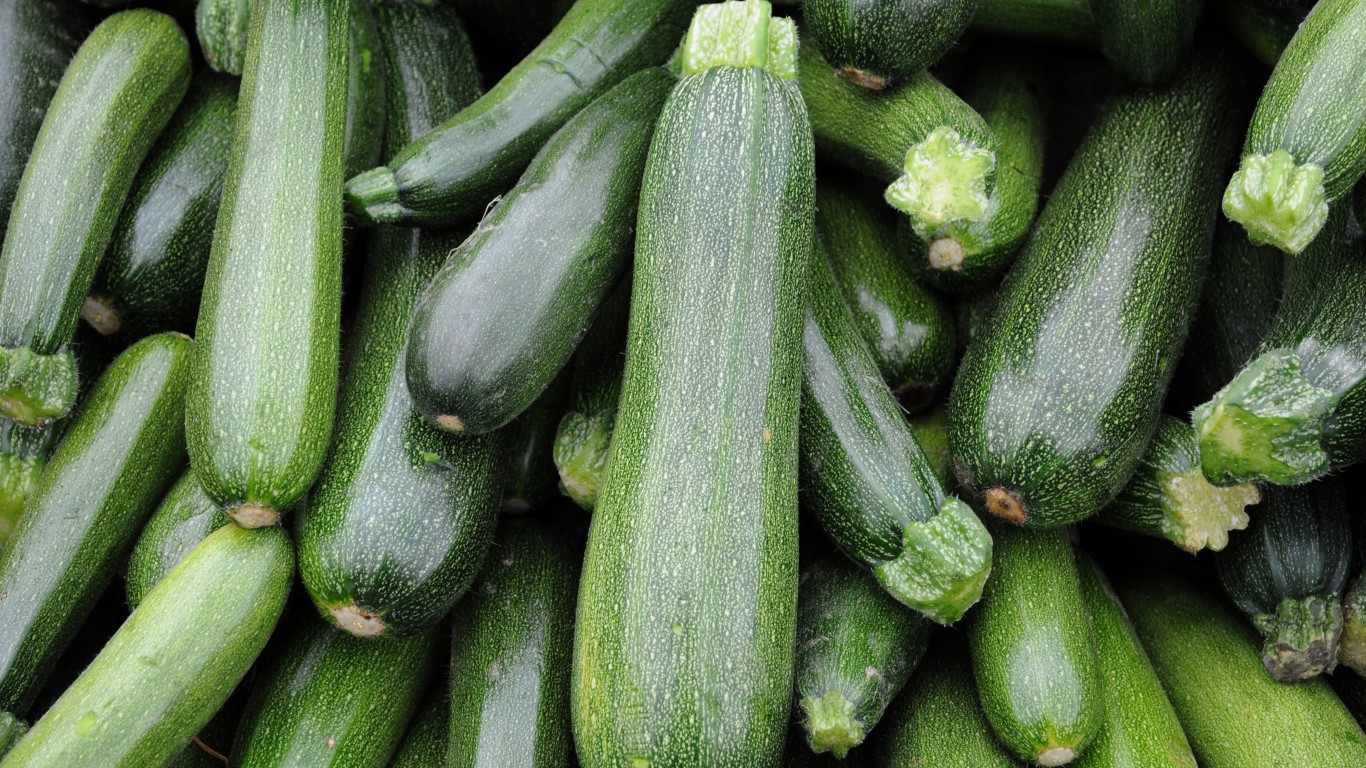
Marrow
> American English: The soft substance in bones that produces blood cells
> British English: Zucchini
[in-text-ad]
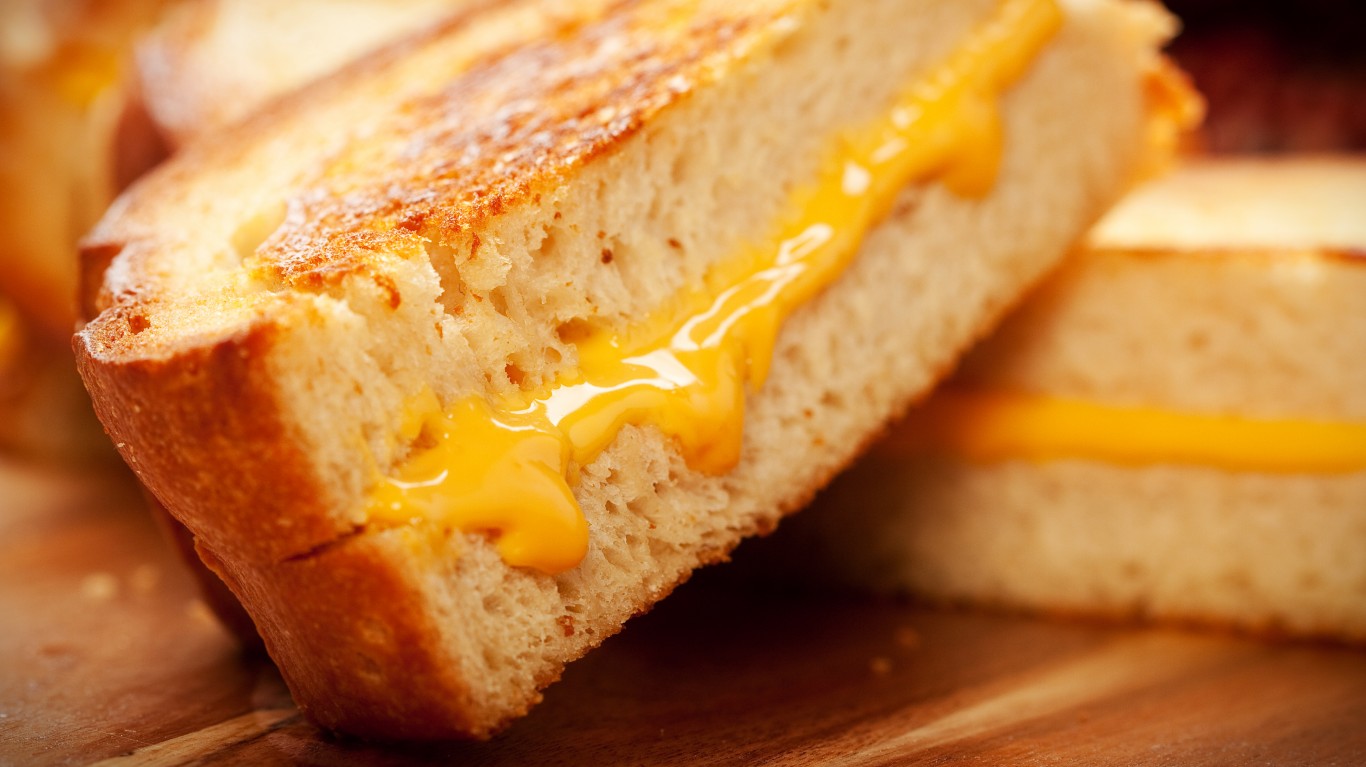
Toasty
> American English: Warm and cozy
> British English: A toasted sandwich (often grilled cheese)

Moreish
> American English: N/A
> British English: Food that’s so good you want some more
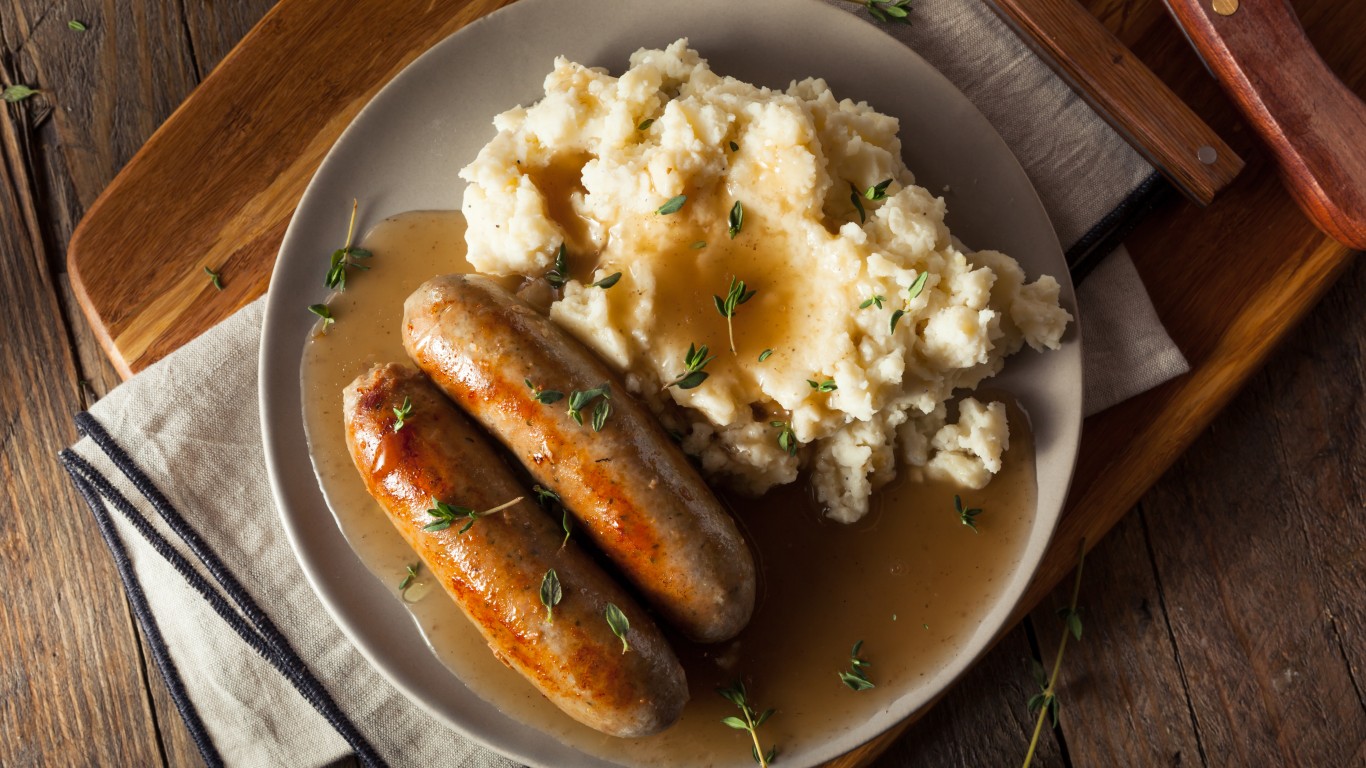
Mash
> American English: To crush food or some other substance
> British English: Mashed potatoes, often accompanying mince (or bangers)
[in-text-ad-2]
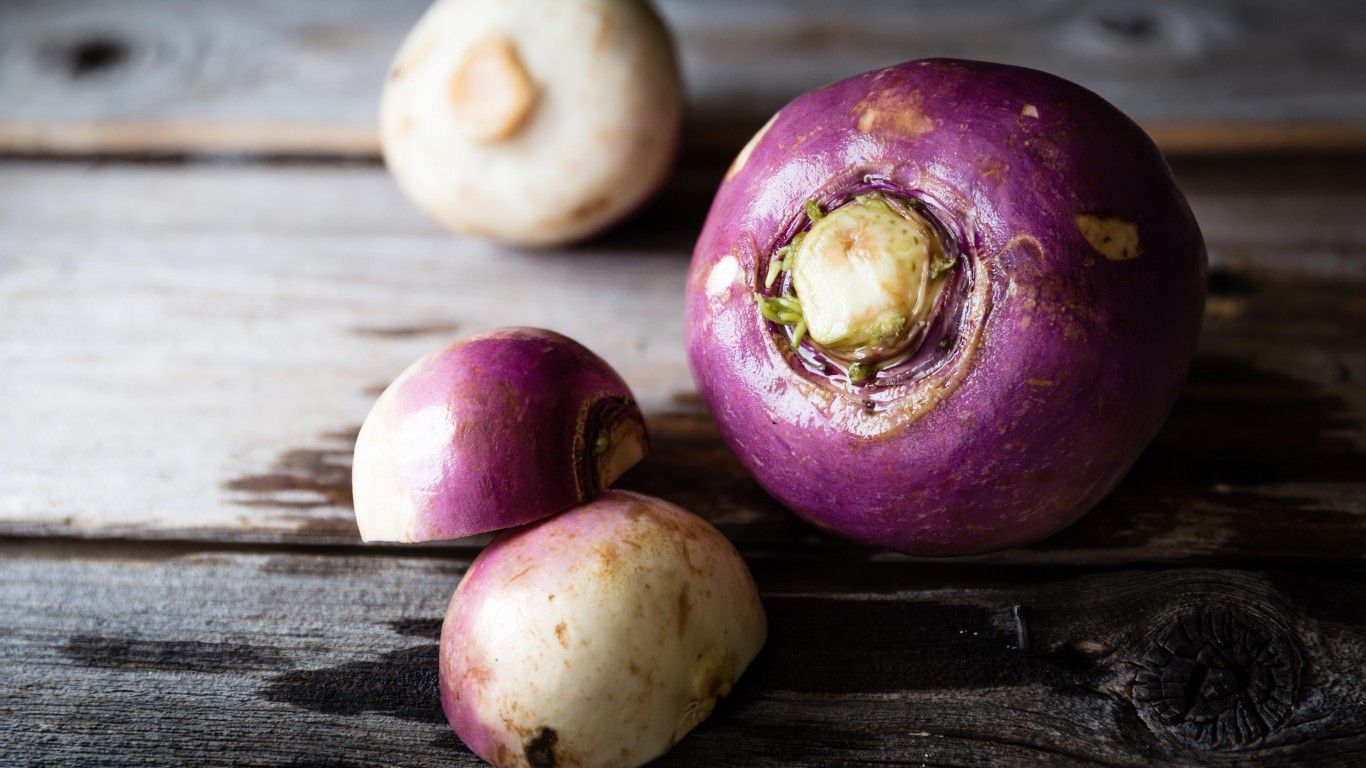
Swede
> American English: A native or resident of Sweden
> British English: Rutabaga
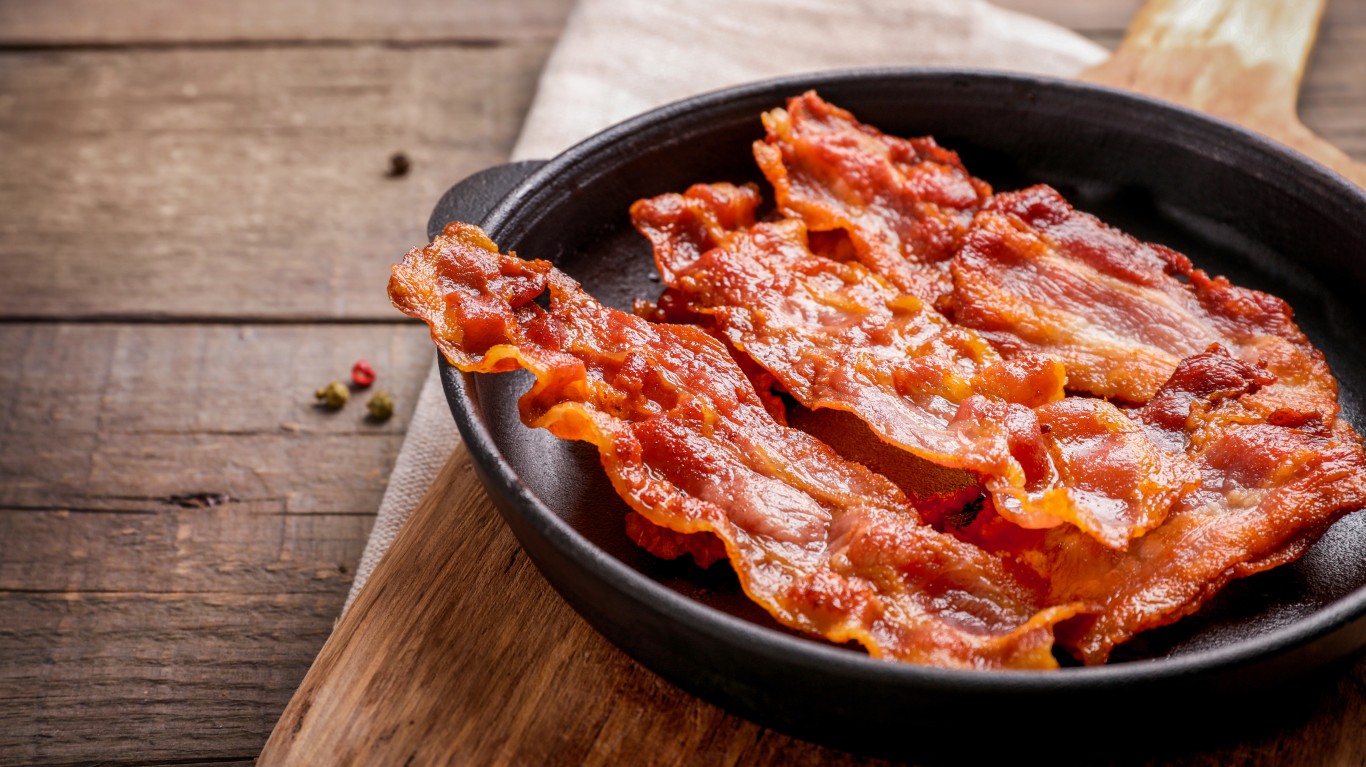
Rasher
> American English: More impulsive
> British English: A slice or small portion of bacon
[in-text-ad]
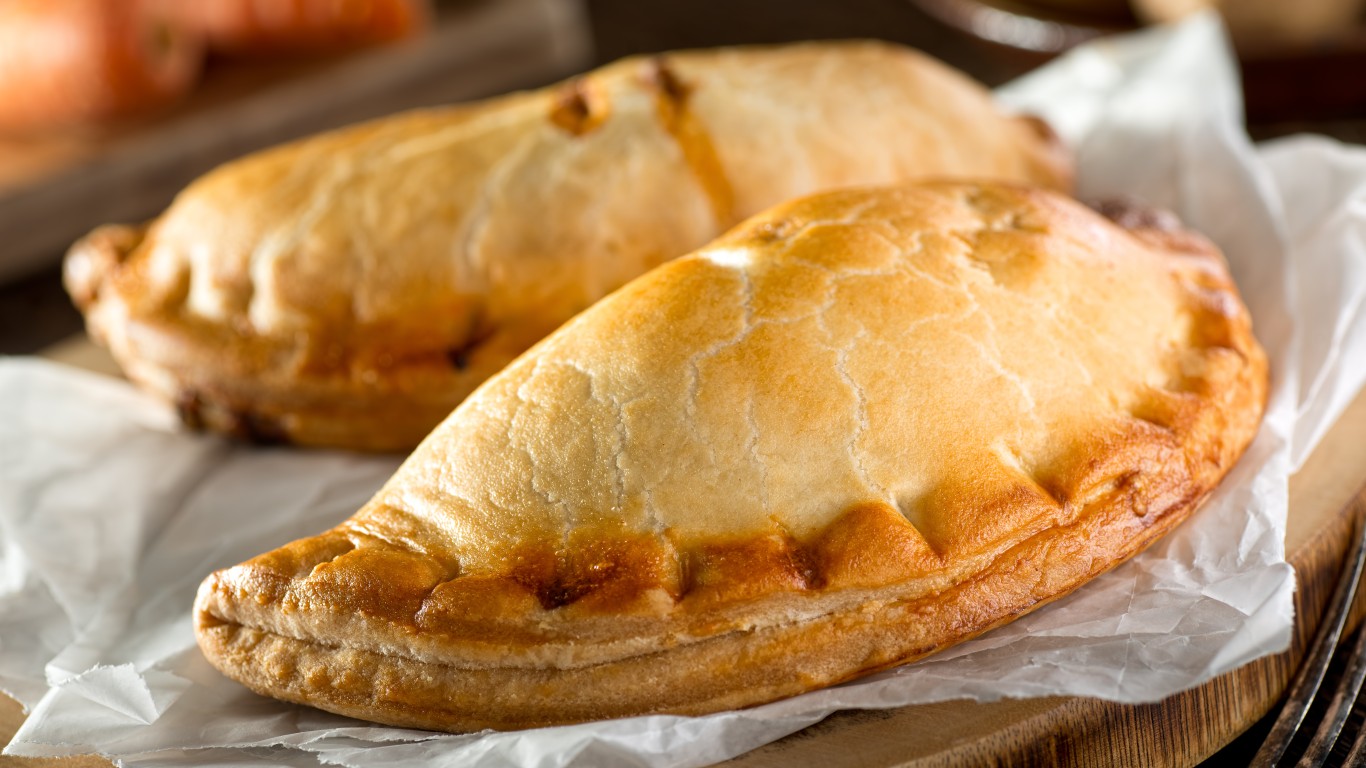
Pastie
> American English: A patch worn by exotic dancers to cover a small portion of their anatomy
> British English: A baked hand-held pastry filled with meat and/or other ingredients

Fool
> American English: A silly or unwise person
> British English: A dessert of stewed fruit folded into custard or whipped cream
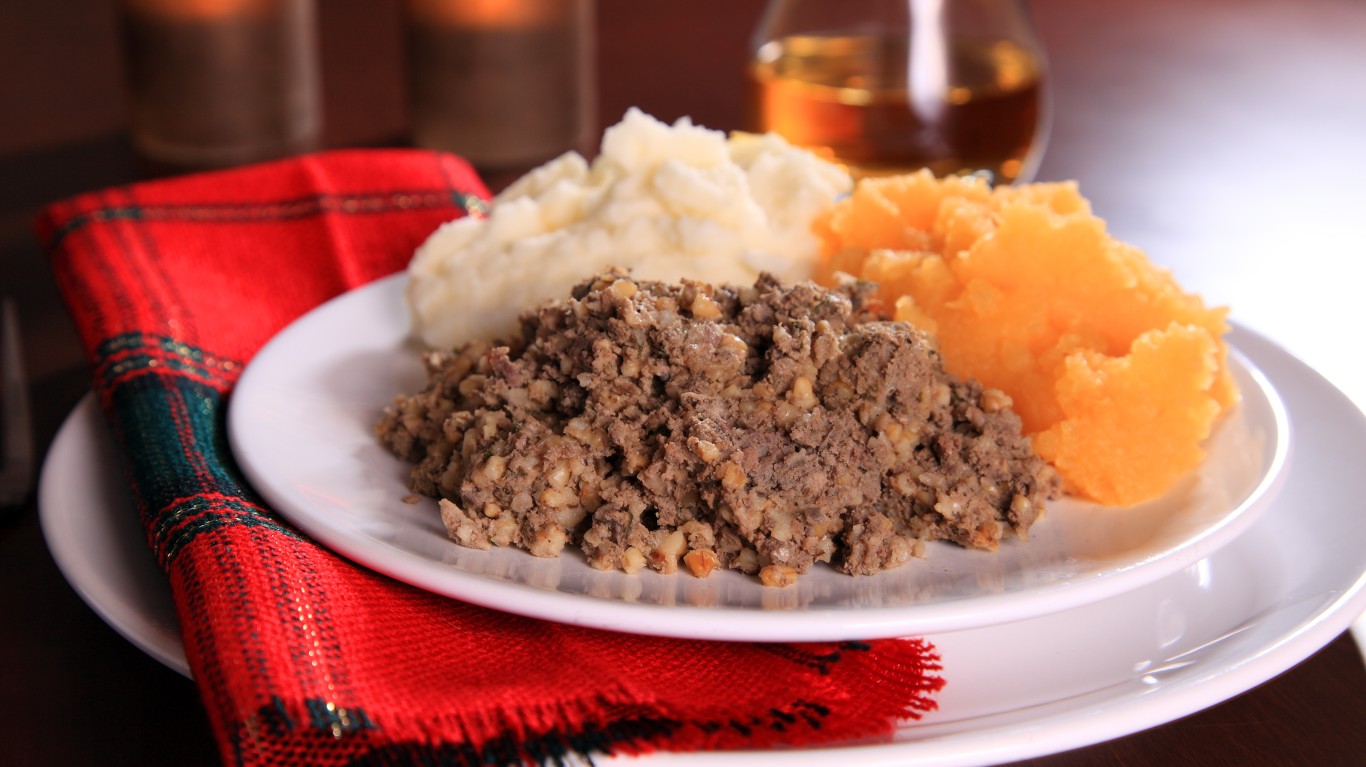
Lights
> American English: Sources of illumination
> British English: The lungs of an animal, used in traditional haggis (Scotland) and a few other dishes
[in-text-ad-2]
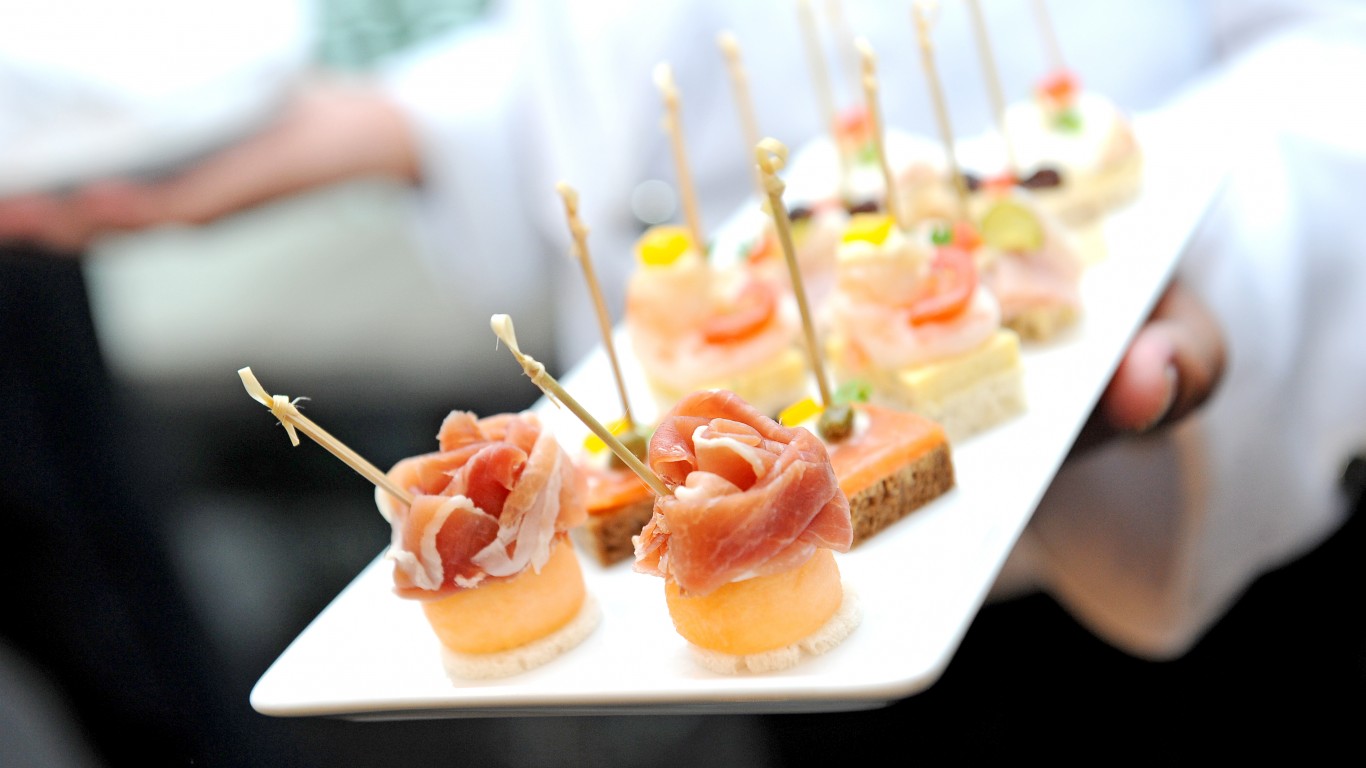
Starter
> American English: The device that starts a car; a person who begins; etc.
> British English: An appetizer or first course
Take Charge of Your Retirement: Find the Right Financial Advisor For You in Minutes (Sponsor)
Retirement planning doesn’t have to feel overwhelming. The key is finding professional guidance—and we’ve made it easier than ever for you to connect with the right financial advisor for your unique needs.
Here’s how it works:
1️ Answer a Few Simple Questions
Tell us a bit about your goals and preferences—it only takes a few minutes!
2️ Get Your Top Advisor Matches
This tool matches you with qualified advisors who specialize in helping people like you achieve financial success.
3️ Choose Your Best Fit
Review their profiles, schedule an introductory meeting, and select the advisor who feels right for you.
Why wait? Start building the retirement you’ve always dreamed of. Click here to get started today!
Thank you for reading! Have some feedback for us?
Contact the 24/7 Wall St. editorial team.
 24/7 Wall St.
24/7 Wall St. 24/7 Wall St.
24/7 Wall St.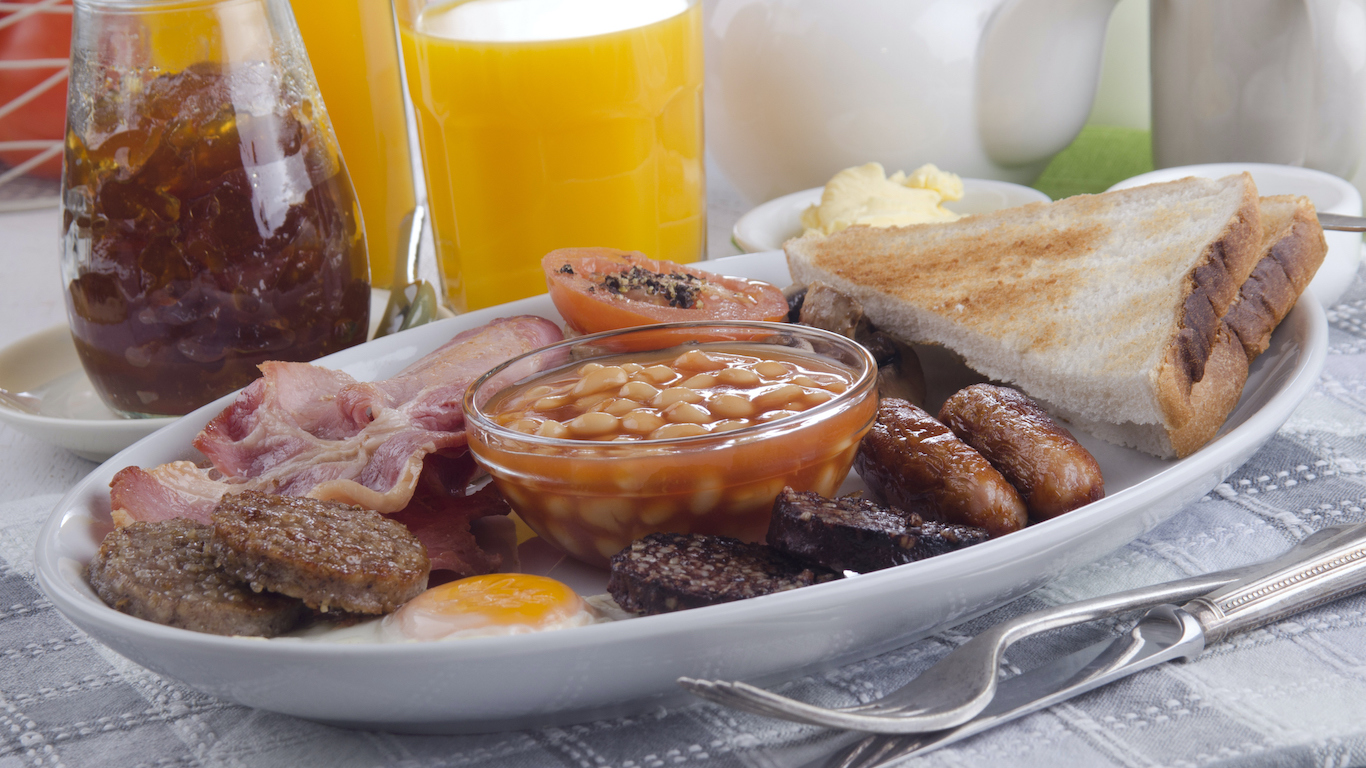 24/7 Wall St.
24/7 Wall St.